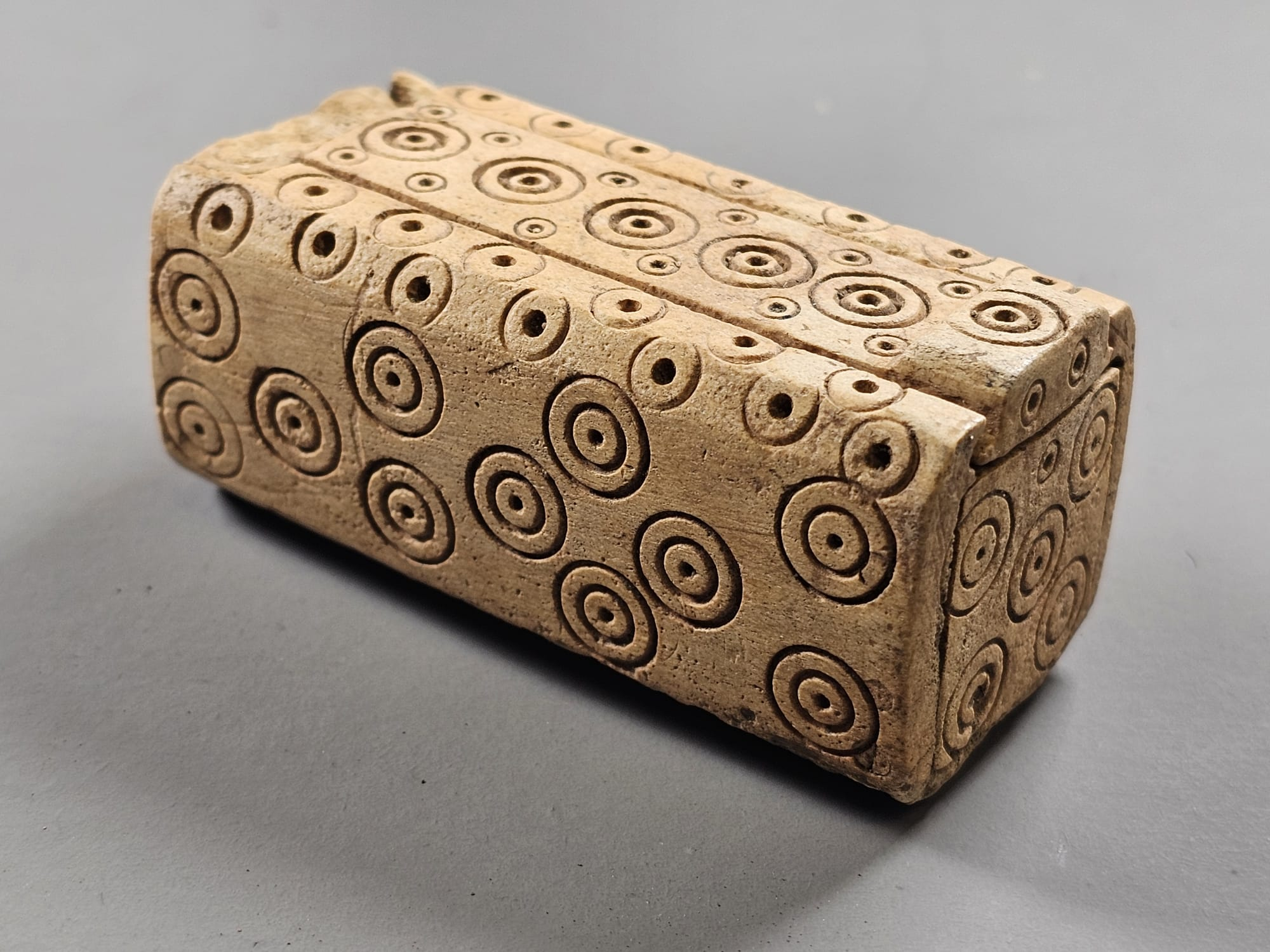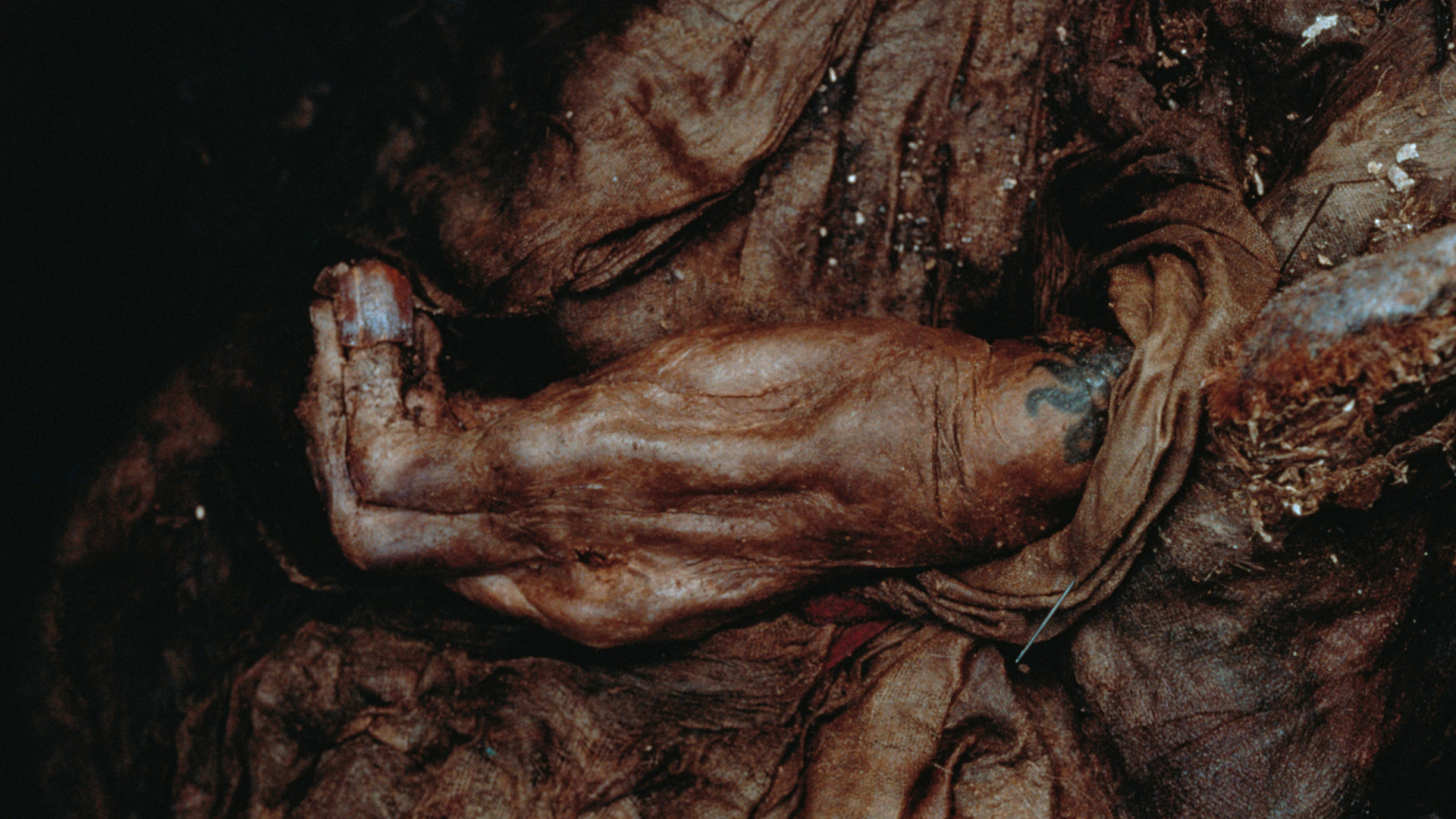Mesopotamian civilizations pioneered systematic celestial observation, giving rise to astrology, which guided rulers, farmers, and priests.
Astronomical Foundations
Babylonian astronomers meticulously recorded planetary movements, eclipses, and lunar cycles. These observations became predictive tools for agriculture, warfare, and governance.
Astrology and Decision-Making
Kings consulted omens to determine favorable dates for campaigns or religious ceremonies. Priests interpreted celestial events as messages from gods, embedding astrology into societal decision-making.
Legacy
Mesopotamian astrology influenced Greek and Roman traditions, laying groundwork for horoscopic astrology, and demonstrating early human attempts to predict and control the future.
Conclusion
By blending science, religion, and politics, Mesopotamian astrology illustrates how celestial patterns shaped human societies, inspiring a tradition that continues today.







